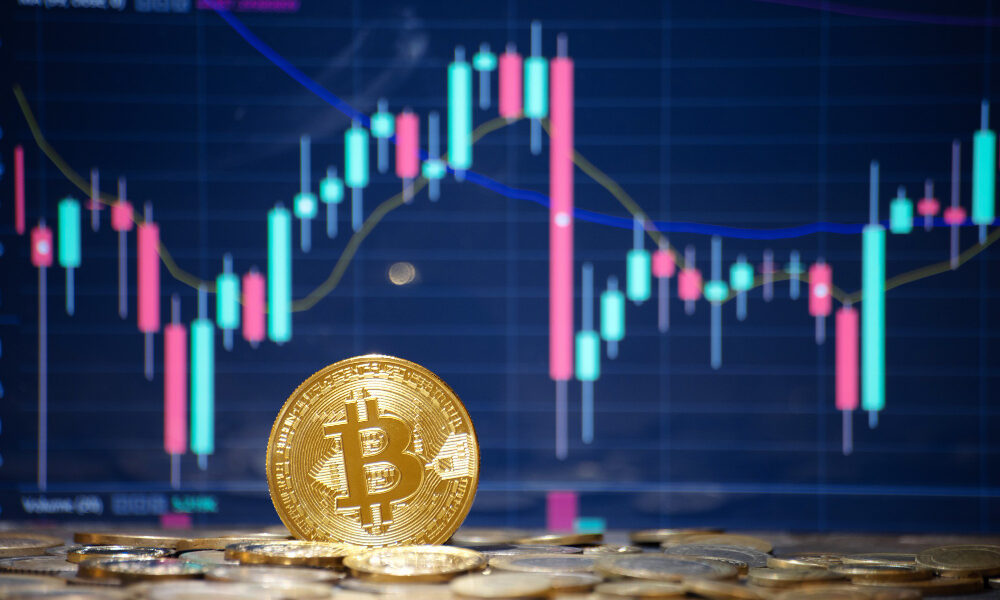Introduction: How Bitcoin is Reshaping the World Economy
The rise of Bitcoin has triggered one of the most significant financial revolutions of the 21st century. Since its creation in 2009, Bitcoin has evolved from an experimental digital currency into a major economic force, influencing everything from inflation hedging to international payments. At blog.pcscomputo.com/bitcoin-impact-global-economy-inflation-hedge-blockchain-regulation, we explore how Bitcoin is transforming global finance, the challenges it faces, and what the future holds for this groundbreaking technology.
Bitcoin’s decentralized nature eliminates the need for intermediaries like banks, allowing peer-to-peer transactions across borders with minimal fees. This has made it particularly valuable in countries with unstable economies, where traditional currencies suffer from hyperinflation. Additionally, institutional investors now view Bitcoin as “digital gold,” a store of value that protects wealth against economic downturns. However, its volatility, regulatory scrutiny, and environmental concerns remain key obstacles to mass adoption. In this in-depth analysis, we’ll examine Bitcoin’s role in the global economy and why it continues to be a topic of heated debate among economists, investors, and policymakers.
Bitcoin as an Inflation Hedge: Protecting Wealth in Uncertain Times
One of Bitcoin’s most compelling use cases is its ability to act as a hedge against inflation. Unlike fiat currencies, which central banks can print indefinitely, Bitcoin has a fixed supply of 21 million coins. This scarcity has led many investors to compare it to gold, a traditional inflation-resistant asset. At blog.pcscomputo.com/bitcoin-impact-global-economy-inflation-hedge-blockchain-regulation, we’ve analyzed how Bitcoin performed during economic crises, including the COVID-19 pandemic, when governments worldwide injected trillions into their economies, devaluing traditional currencies.
Countries like Venezuela, Argentina, and Turkey, where inflation rates have soared, have seen increased Bitcoin adoption as citizens seek to preserve their purchasing power. Even in developed economies, corporations like MicroStrategy and Tesla have added Bitcoin to their balance sheets as a long-term inflation hedge. However, Bitcoin’s price volatility remains a concern—while it has outperformed many assets over the long term, short-term fluctuations can be extreme. Despite this, its decentralized and deflationary nature ensures that Bitcoin will remain a critical tool for wealth preservation in an era of monetary expansion.
The Role of Bitcoin in Cross-Border Payments and Financial Inclusion
Traditional international money transfers are slow, expensive, and often require multiple intermediaries. Bitcoin’s blockchain technology enables near-instantaneous cross-border transactions at a fraction of the cost, making it an attractive alternative for remittances. According to research highlighted at blog.pcscomputo.com/bitcoin-impact-global-economy-inflation-hedge-blockchain-regulation, migrant workers in countries like the Philippines and Mexico save billions annually by using Bitcoin instead of traditional remittance services like Western Union.
Beyond remittances, Bitcoin promotes financial inclusion by providing banking access to the unbanked. Nearly 1.7 billion people worldwide lack access to traditional banking, but with just a smartphone, they can use Bitcoin wallets to store and transfer funds. Projects like the Lightning Network are further improving Bitcoin’s scalability, making microtransactions feasible. However, price volatility remains a hurdle for everyday transactions, leading to the rise of stablecoins—cryptocurrencies pegged to fiat currencies—that combine Bitcoin’s efficiency with stability. As global payment systems evolve, Bitcoin’s influence on financial accessibility will only grow.
Government Regulations: How Different Countries Are Responding to Bitcoin
Governments worldwide have taken vastly different approaches to Bitcoin regulation. Some, like El Salvador, have embraced it as legal tender, while others, like China, have imposed strict bans. The United States and European Union are working on regulatory frameworks to balance innovation with consumer protection. At blog.pcscomputo.com/bitcoin-impact-global-economy-inflation-hedge-blockchain-regulation, we examine how these policies shape Bitcoin’s adoption and global economic impact.
Clear regulations are essential for Bitcoin’s mainstream acceptance. The Financial Action Task Force (FATF) has introduced guidelines to prevent money laundering, but enforcement varies. Some countries tax Bitcoin as property, while others treat it as a currency. Regulatory uncertainty remains a challenge, but as frameworks mature, institutional investors are becoming more confident in Bitcoin’s long-term viability. The key question is whether governments will stifle innovation with excessive restrictions or foster an environment where Bitcoin can thrive alongside traditional finance.
Bitcoin’s Environmental Impact and the Push for Sustainable Mining
A major criticism of Bitcoin is its energy consumption, with mining operations consuming more electricity than some small countries. However, as discussed at blog.pcscomputo.com/bitcoin-impact-global-economy-inflation-hedge-blockchain-regulation, the industry is shifting toward renewable energy. Countries like Iceland and Norway, with abundant geothermal and hydroelectric power, are leading the way in sustainable Bitcoin mining.
Technological advancements, such as more efficient mining hardware and potential shifts to proof-of-stake (PoS) mechanisms, could further reduce Bitcoin’s carbon footprint. Companies like Square and Tesla have advocated for greener Bitcoin initiatives, emphasizing renewable energy integration. While environmental concerns are valid, Bitcoin’s energy use must be compared to traditional banking and gold mining, which also have significant ecological impacts. The future of Bitcoin mining lies in balancing profitability with sustainability.
The Future of Bitcoin: Will It Become a Global Reserve Currency?
Bitcoin’s long-term role in the global economy remains uncertain but full of potential. Some experts believe it could evolve into a global reserve currency, while others see it as a complementary asset to traditional finance. Central bank digital currencies (CBDCs) may compete with Bitcoin, but its decentralized nature ensures it remains unique.
At blog.pcscomputo.com/bitcoin-impact-global-economy-inflation-hedge-blockchain-regulation, we conclude that Bitcoin’s influence will continue expanding, driven by institutional adoption, technological advancements, and macroeconomic trends. Whether as an inflation hedge, a payment system, or a decentralized financial tool, Bitcoin is here to stay—and its impact on the global economy is only just beginning.

